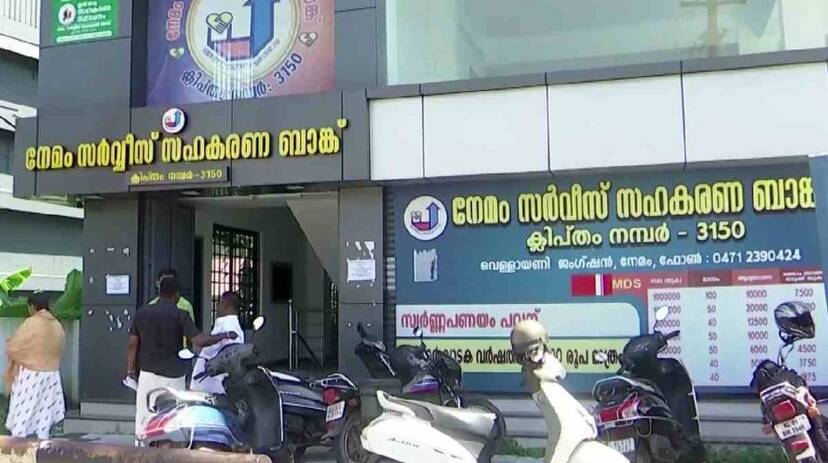

Although several months have passed since the details of the deposit fraud at Nemom Cooperative Bank came to light, the investigation is dragging on without significant progress. Reports suggest that around 300 depositors have collectively lost approximately Rs 70 crore. The Crime Branch is currently handling the case based on complaints from the depositors. Dissatisfied with the police investigation, some depositors had approached authorities demanding an ED (Enforcement Directorate) probe. Following this, the ED's Kochi office has begun issuing notices to some of the victims of the fraud. The ED has instructed these victims to appear in person at their Kochi office on February 3, bringing along relevant documents such as bank passbooks, deposit certificates, identity proofs, and copies of the police complaints they filed.
While depositors welcome the ED's involvement, the requirement to travel to Kochi and present evidence in person poses challenges, especially for elderly individuals. For those already uncertain about when they might recover their lost money, the journey to Kochi and the process of providing evidence will feel like an additional punishment. It is estimated that over 300 depositors have lost their money. In this context, it would be more appropriate for ED officials to collect evidence directly from the bank or at designated centres, which would be beneficial for those unable to travel, especially the elderly. Such a measure would also alleviate the burden of all complainants having to travel to Kochi. Shouldn't investigations be conducted in a way that doesn't add further distress to the complainants?
In connection with the Nemom Cooperative Bank fraud, one former secretary has already been arrested and is currently in remand. While another former secretary also faces allegations, he has not yet been arrested. It was the realization that the investigation lacked intensity that prompted depositors to seek intervention from the ED. As the investigation drags on, the depositors are becoming increasingly anxious, fearing the complete loss of their hard-earned savings. From the Karuvannur case to this one, several deposit frauds in cooperative banks have come to light recently.
The BSNL Cooperative Bank in Thiruvananthapuram stands out, with fraud exceeding Rs 200 crore. The Kandala Cooperative Bank also saw deposit frauds amounting to crores. Behind all these frauds is a collusion involving secretaries, presidents, board members, and officials. These groups have looted the savings that members had painstakingly gathered for various purposes. In all these cases, investigations are ongoing, but depositors have yet to receive any concrete relief. A prompt decision is urgently needed on how to compensate depositors for their lost money.